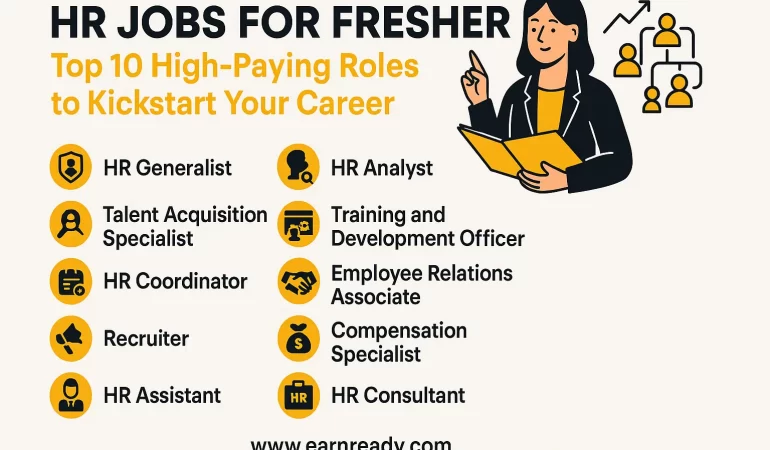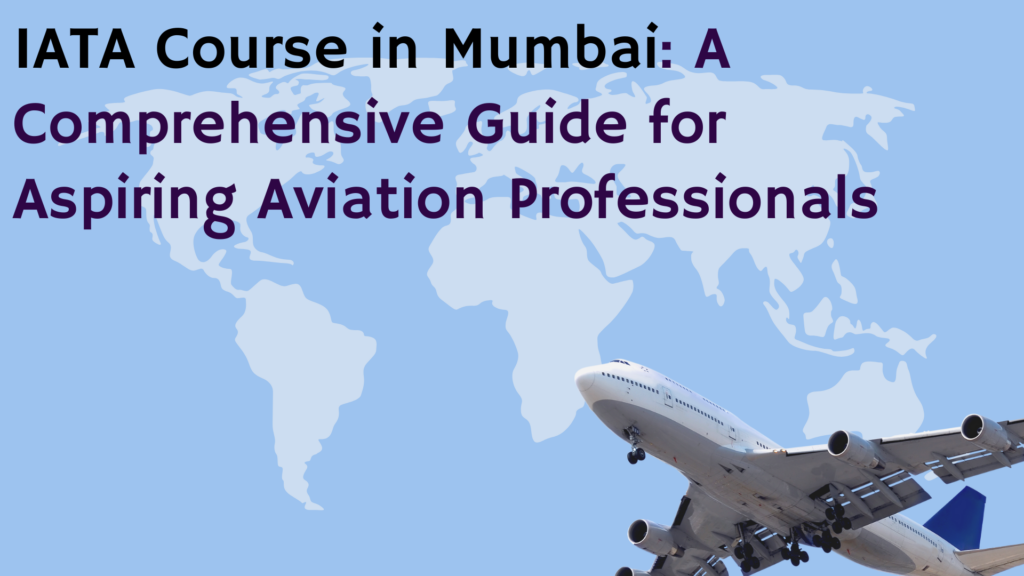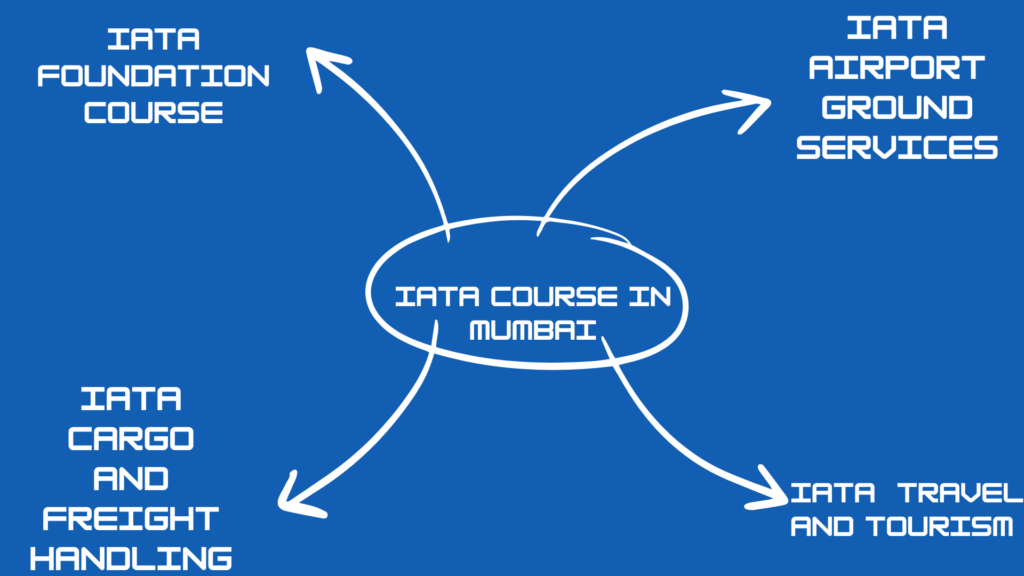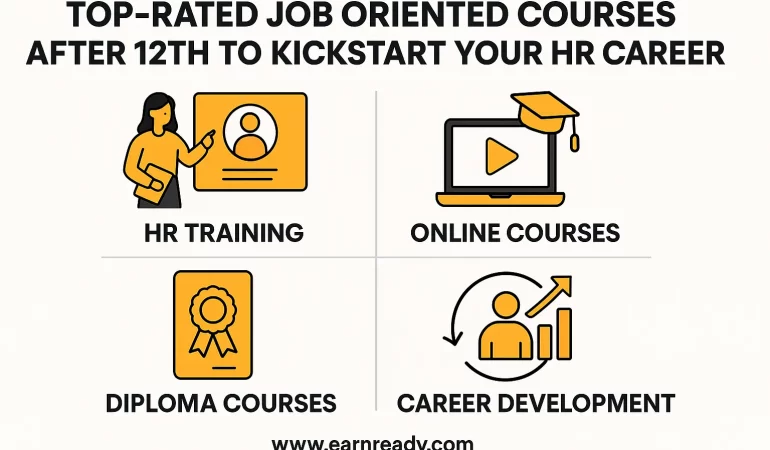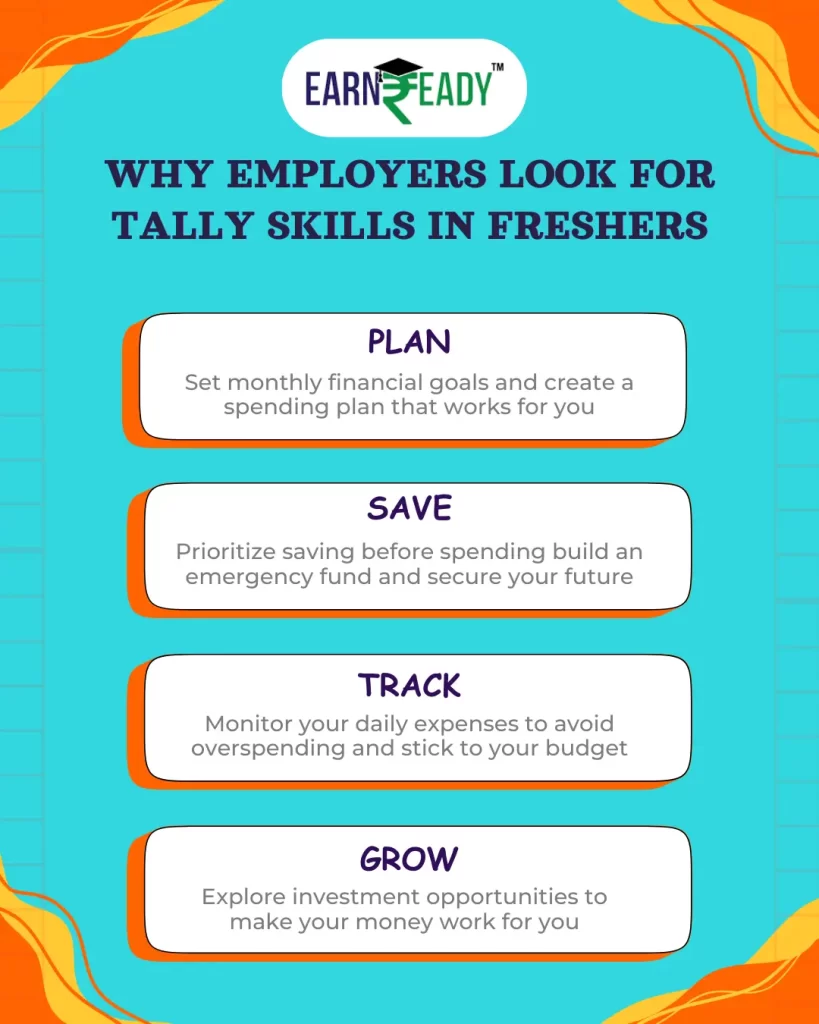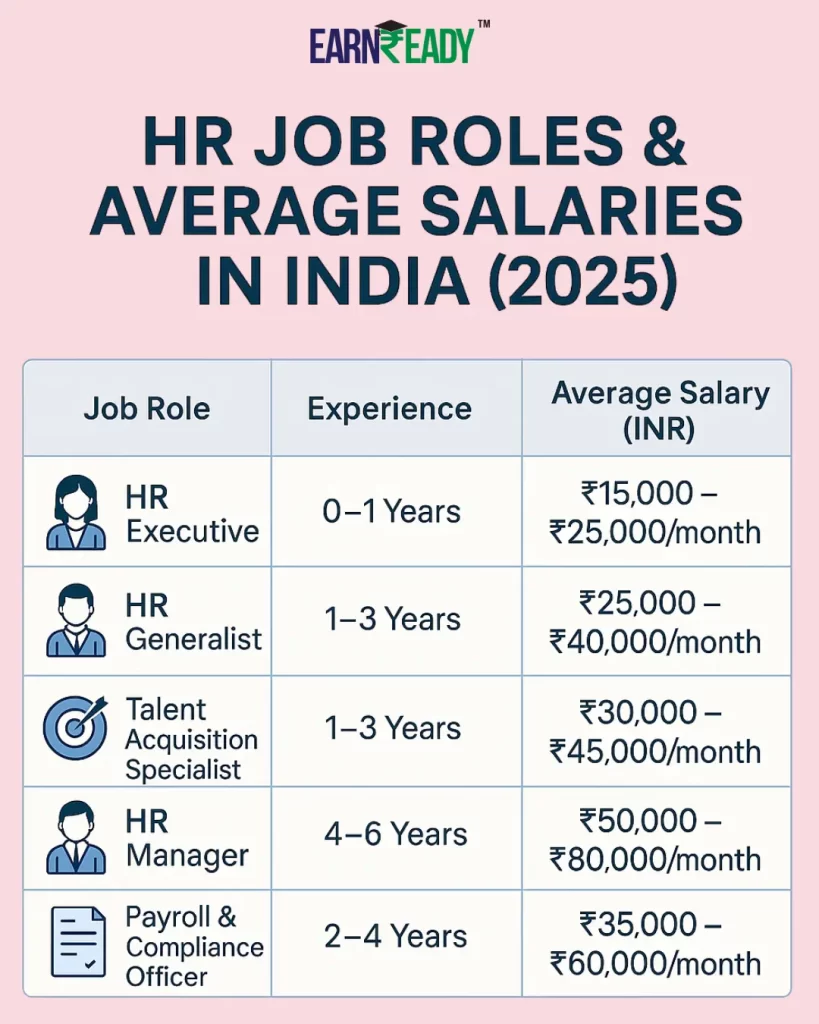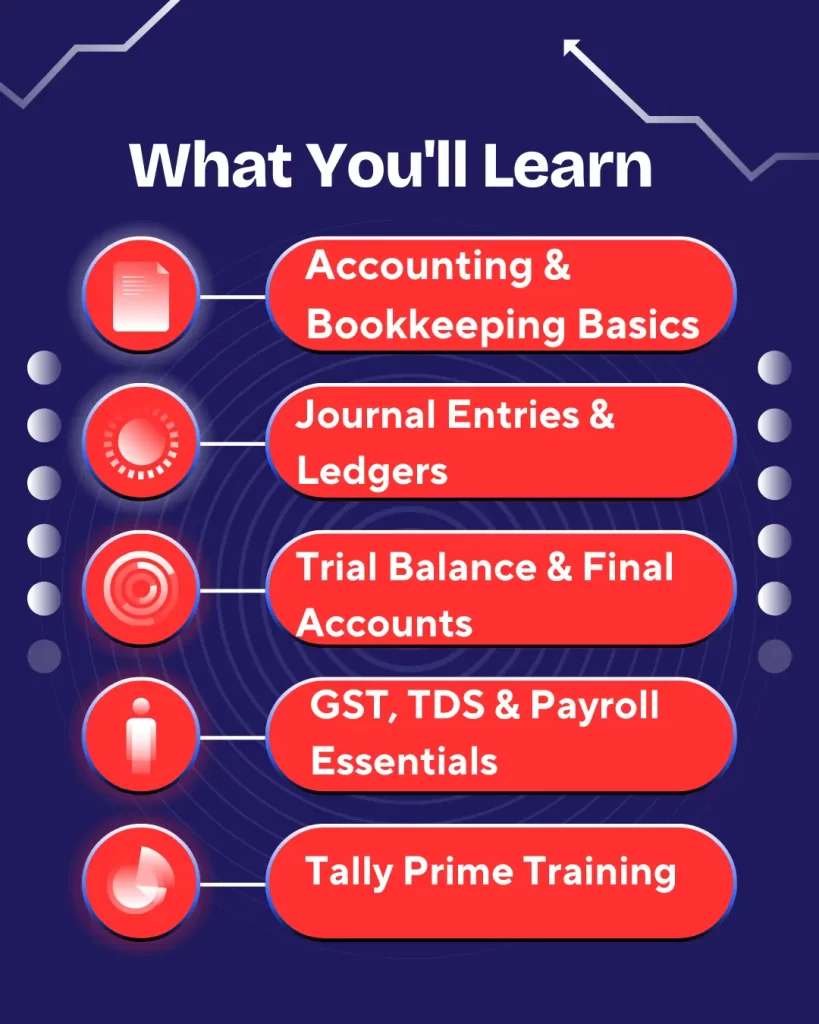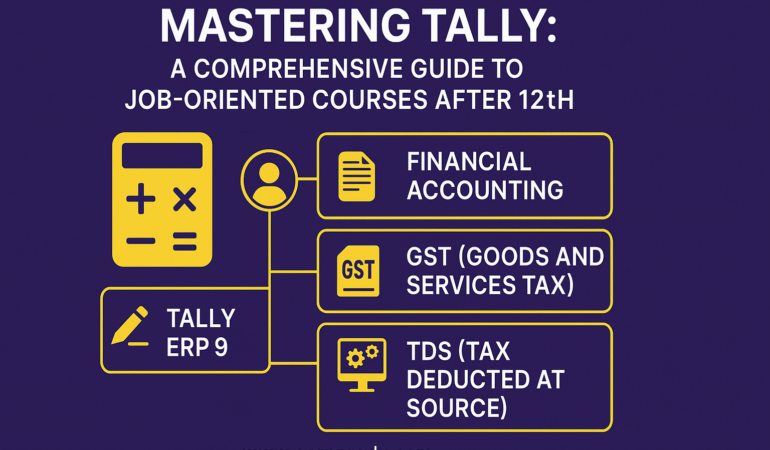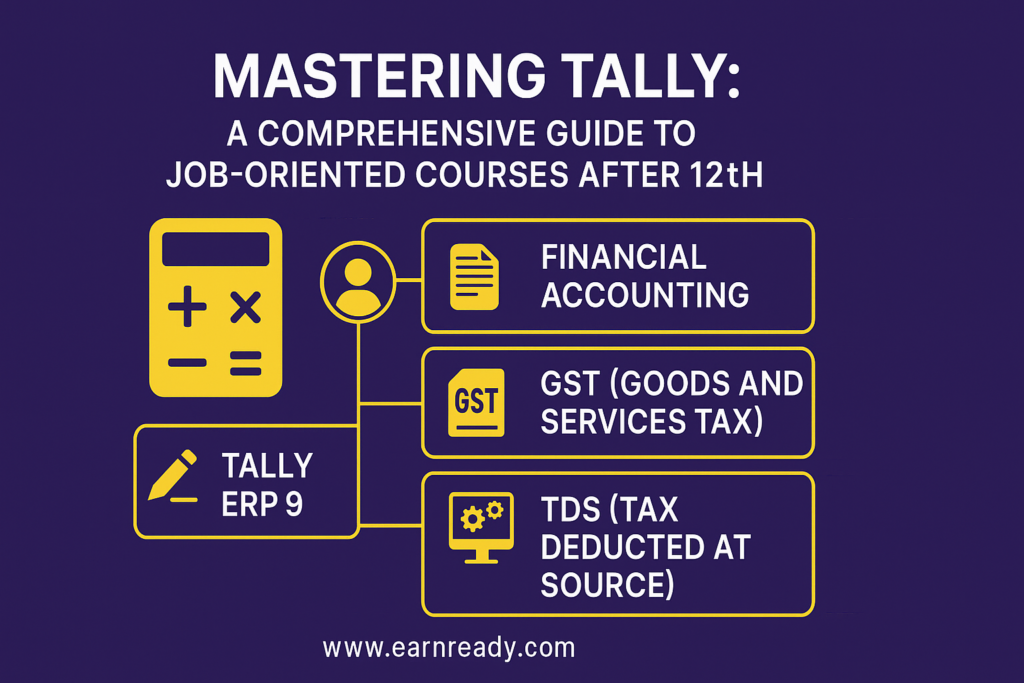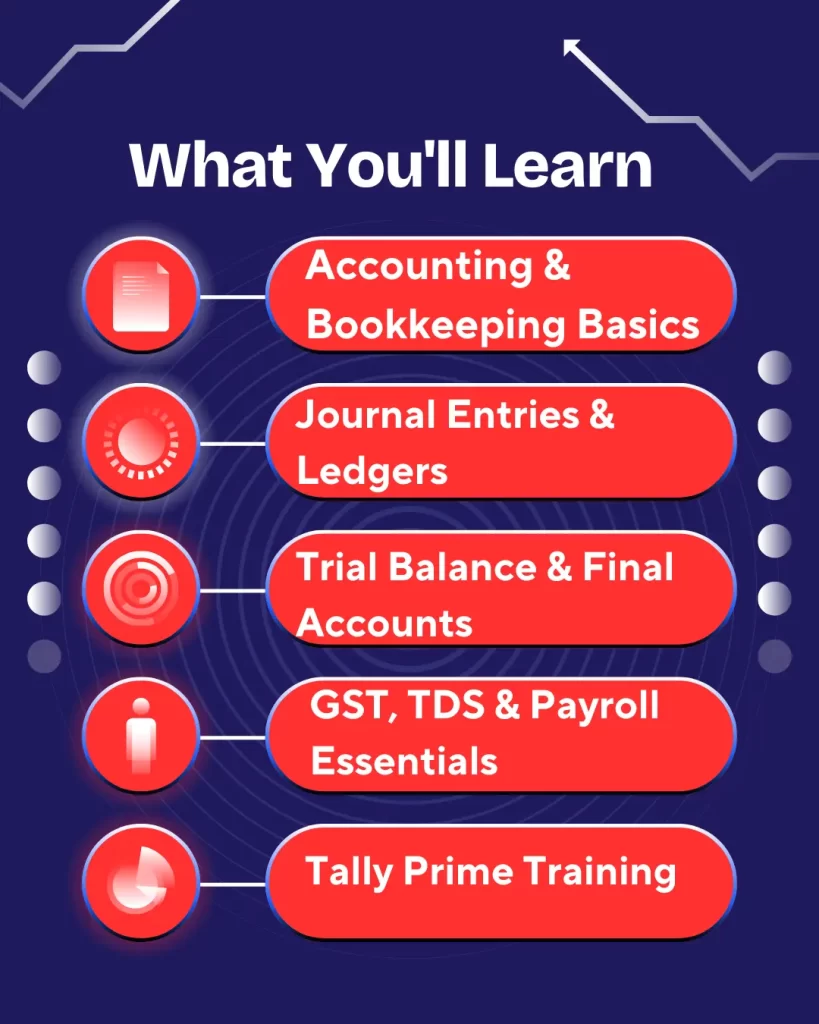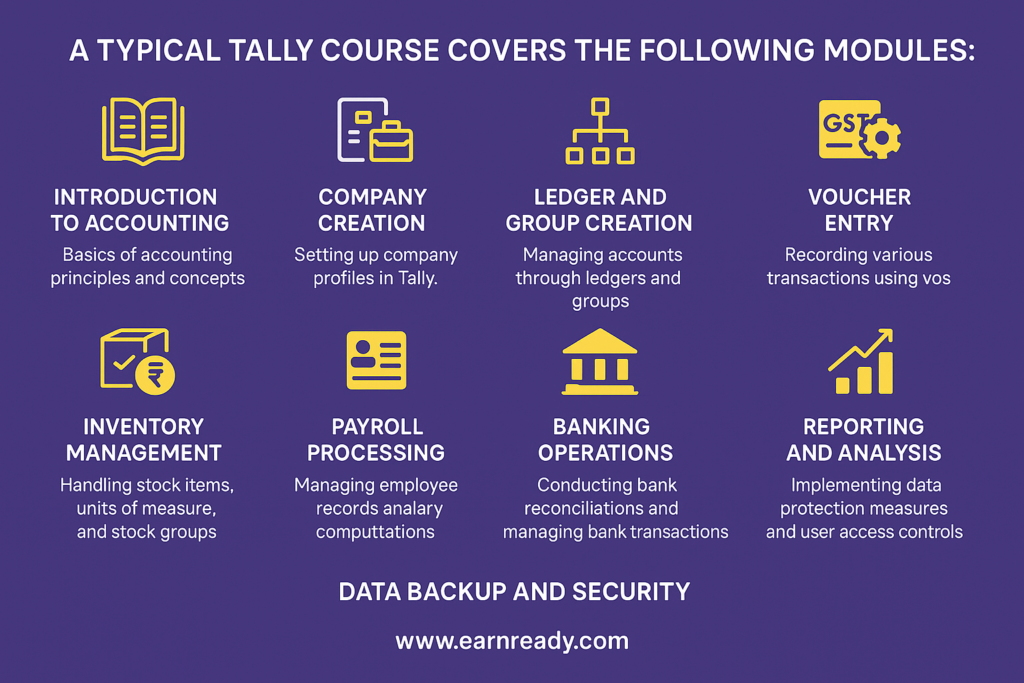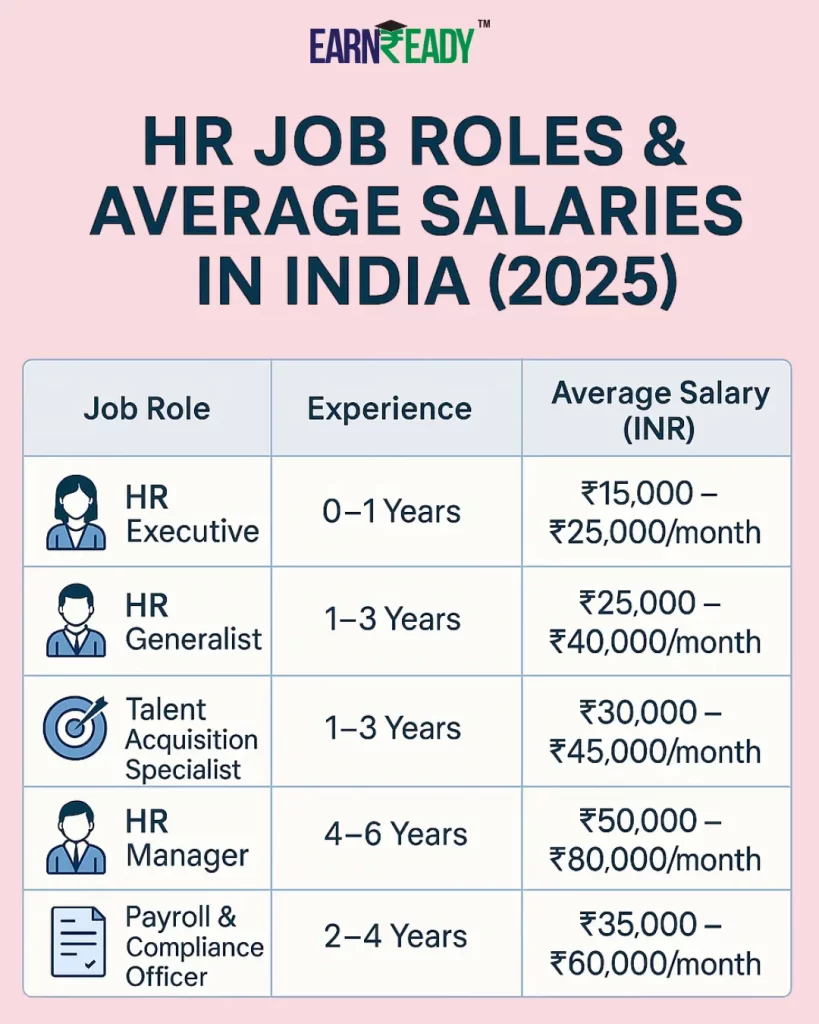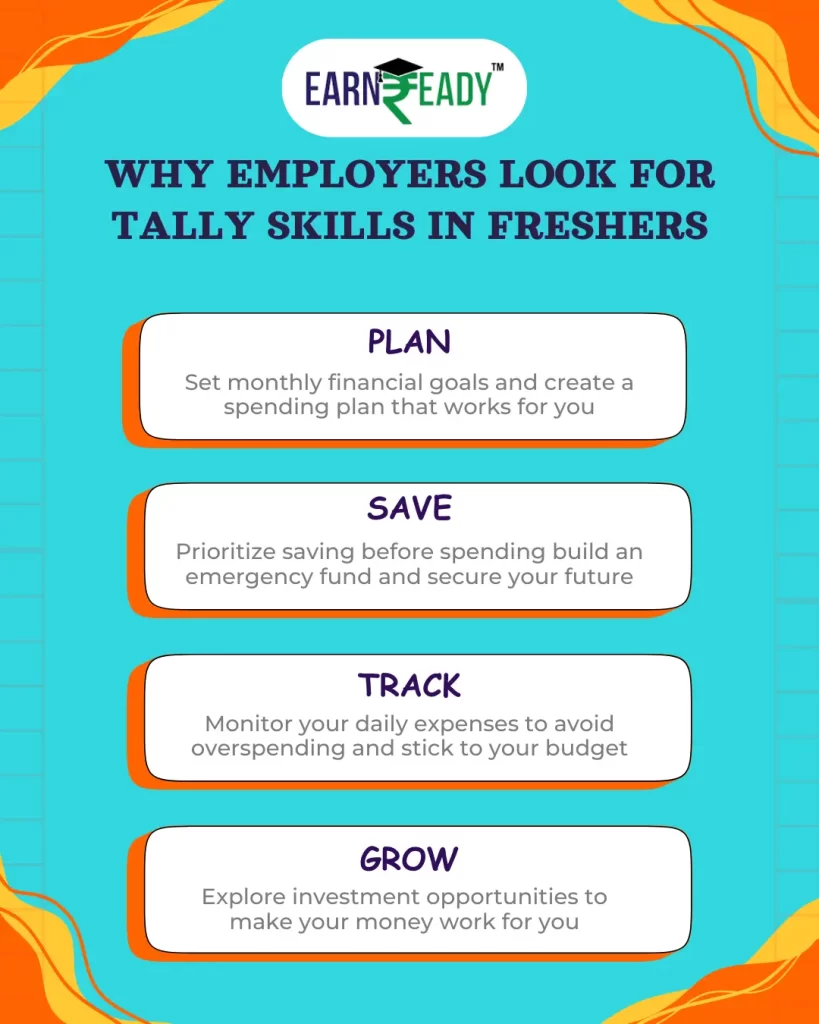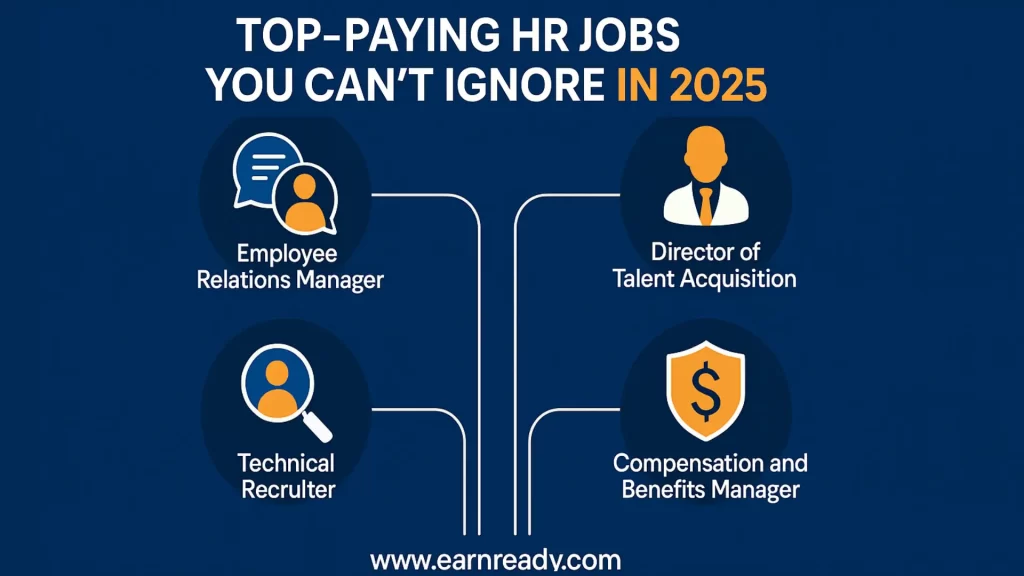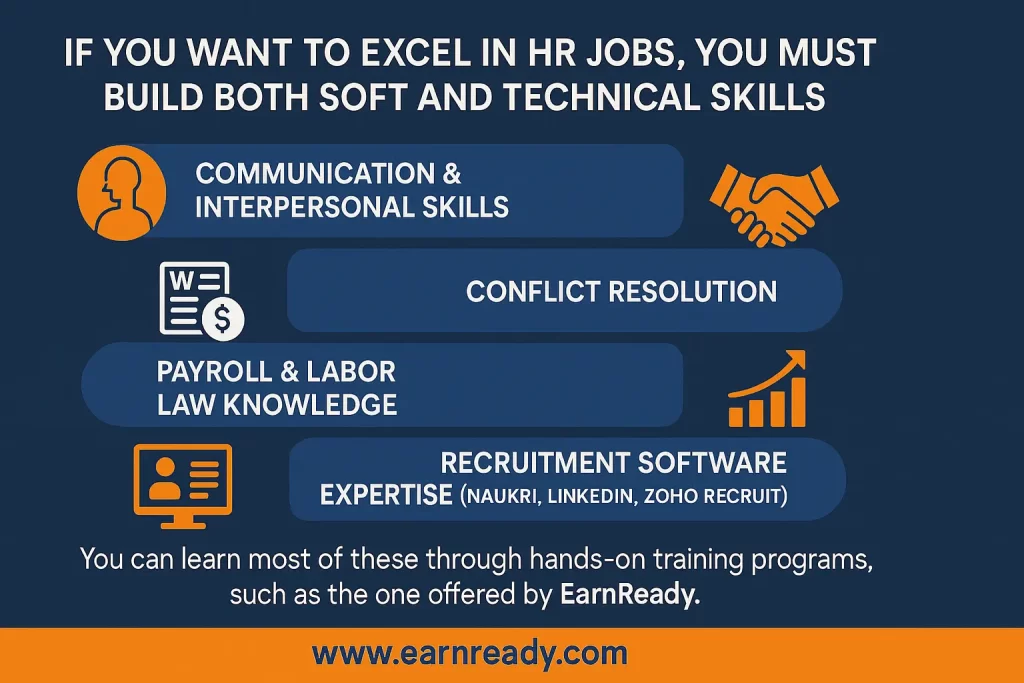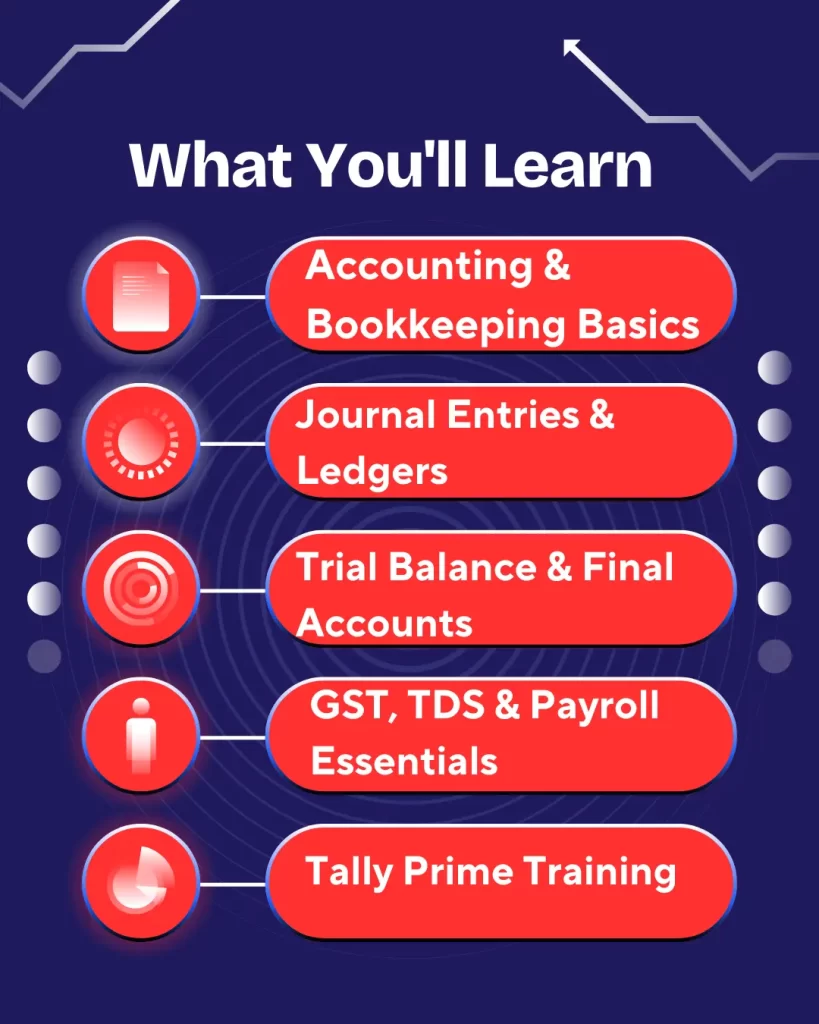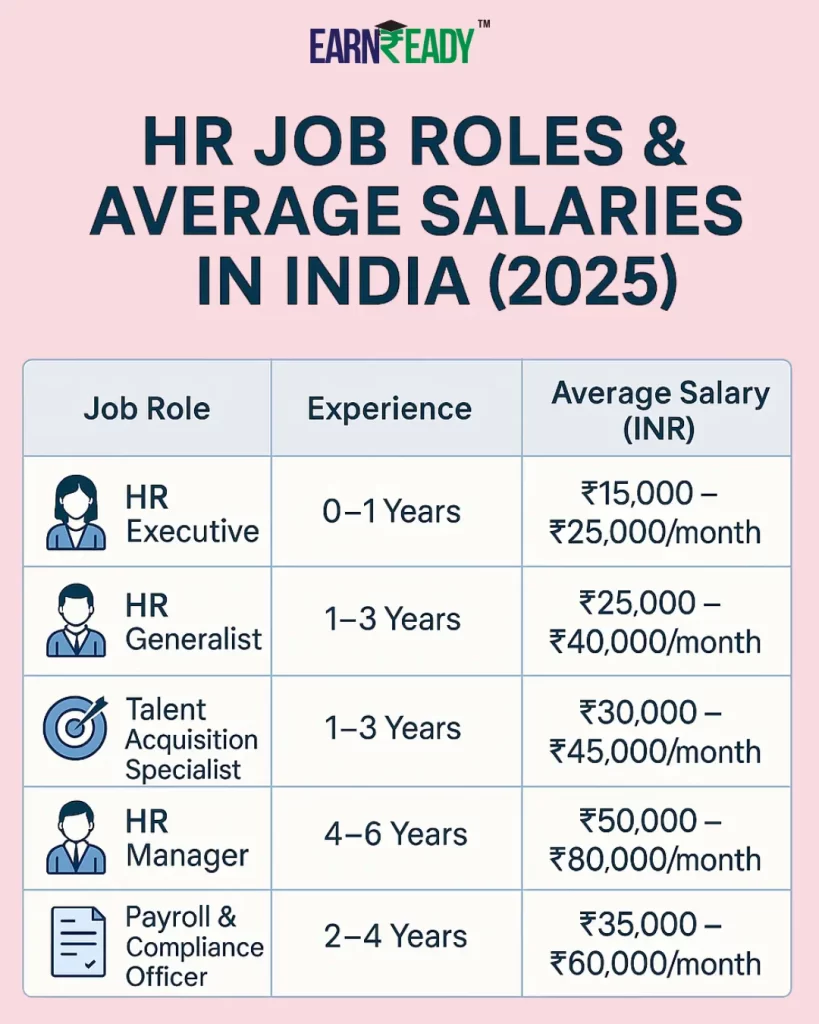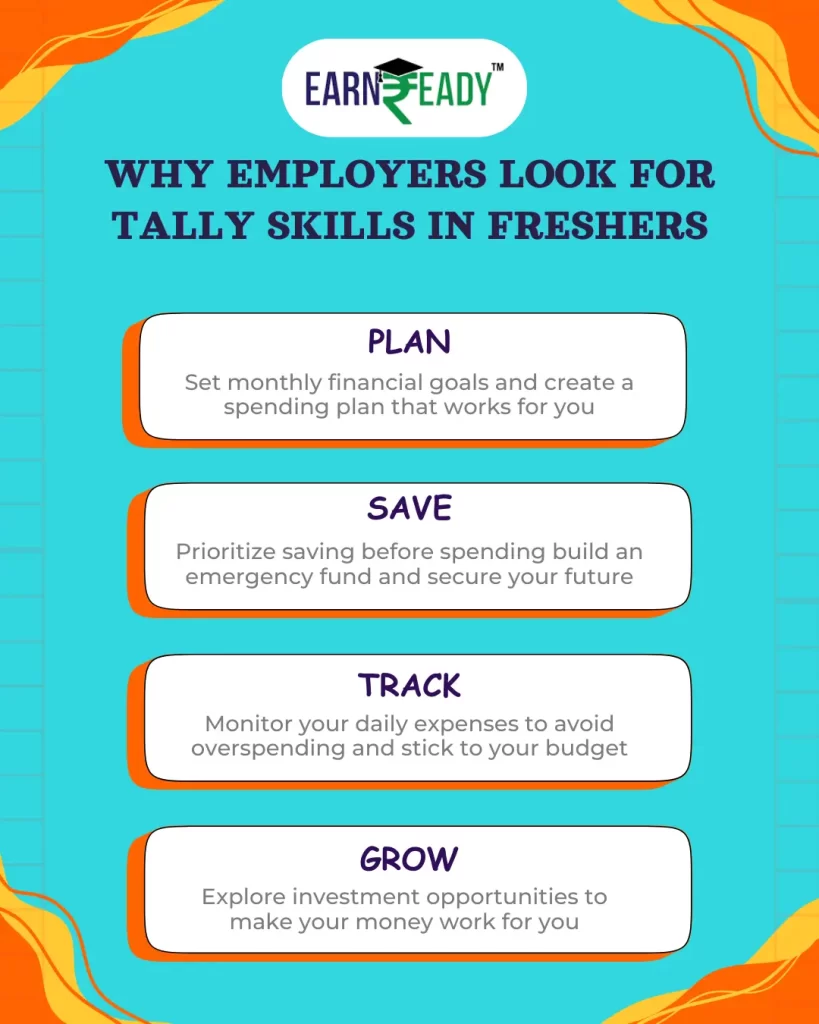HR Jobs for Freshers: Top 10 High-Paying Roles to Kickstart Your Career
HR Jobs for Freshers: Top 10 High-Paying Roles to Kickstart Your Career


Introduction
Are you a recent graduate or a student searching for HR jobs for freshers that offer excellent growth opportunities and high starting salaries? The field of Human Resources is not only thriving in India but also one of the most rewarding career paths for those who enjoy working with people, solving problems, and playing a key role in organizational development. In this guide, you’ll discover the top HR jobs for freshers, how to enter the field after 12th, and why HR might be the perfect career choice for you.
Top 10 High-Paying HR Jobs for Freshers
If you’re starting your career in Human Resources, these are the top 10 roles to target. These job roles are widely available across startups, MNCs, and government sectors.
HR Executive
A generalist role responsible for hiring, payroll, and handling employee concerns.Recruitment Coordinator
Specializes in sourcing candidates, scheduling interviews, and improving hiring processes.Talent Acquisition Associate
Focuses on identifying high-potential talent to fill company vacancies.HR Assistant
Provides support to HR managers with documentation and compliance.Training & Development Coordinator
Designs employee training programs and tracks learning progress.HR Intern
A learning-oriented role ideal for getting hands-on HR experience.Compensation & Benefits Analyst
Analyzes salary structures and employee benefits.HR Data Analyst
Uses HR metrics and tools to improve organizational performance.Employee Relations Coordinator
Handles grievances, conflict resolution, and employee engagement.Onboarding Specialist
Ensures new hires are smoothly integrated into the company culture.
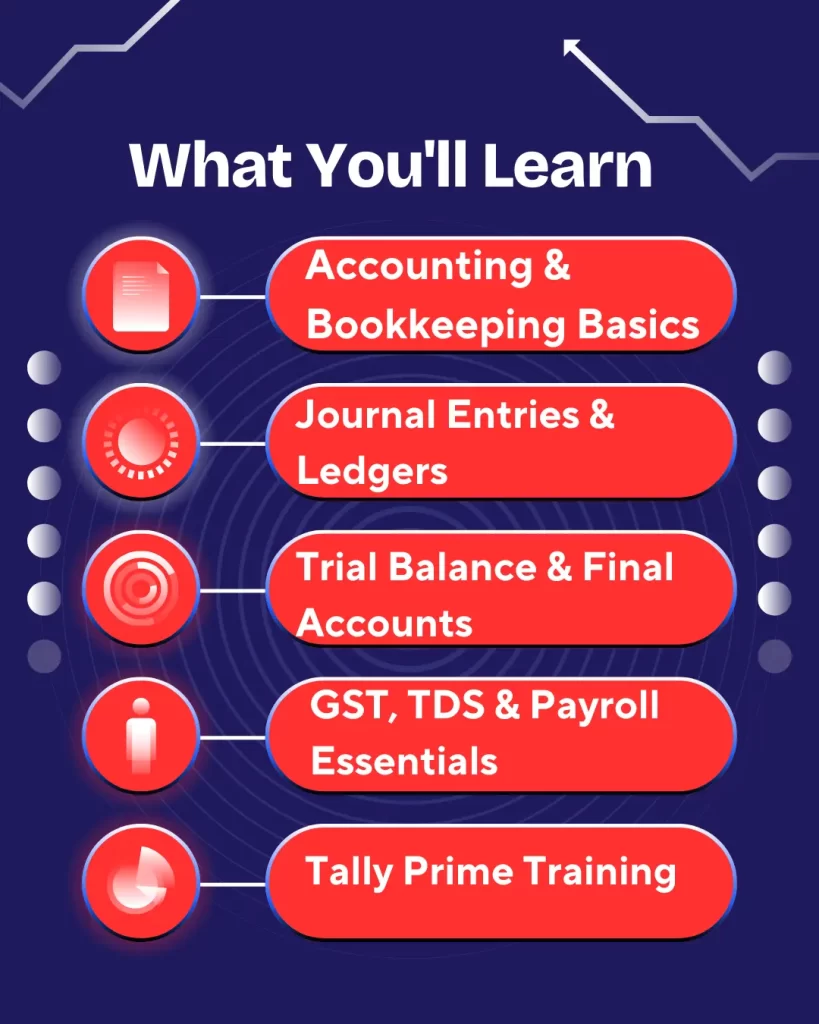
How to Become HR After 12th
Becoming an HR professional right after your 12th grade may seem ambitious, but it’s very much possible if you choose the right academic path and certifications. With the increasing demand for HR Jobs for Freshers, starting early can give you a competitive edge in today’s job market.
Educational Pathways
BBA in Human Resource Management: This 3-year degree is ideal for students who want a management-focused approach. It covers subjects like organizational behavior, employee relations, labor law, and strategic HRM.
Bachelor of Commerce (B.Com) with HR Specialization: Great for those with an interest in both finance and people management. It includes coursework that bridges commerce fundamentals with human resource skills.
Diploma in HRM: Short-term professional courses available after 12th to build HR-specific skills quickly. These are typically 6 months to 1 year long and include modules in payroll management, employee engagement, recruitment, and training.
These courses offer the perfect foundation to start applying for HR Jobs for Freshers as soon as you graduate. Many students also pursue internships or part-time HR roles during their studies to build real-world experience early.
Certifications to Consider
Earning certifications in HR is another strong way to boost your employability. Freshers who hold credentials are often given preference in hiring processes.
Certified Human Resource Professional (CHRP): Ideal for beginners entering the HR world.
Professional in Human Resources (PHR): A well-recognized certification by HRCI.
SHRM-CP (Society for Human Resource Management Certified Professional): Globally respected and applicable to a wide range of HR roles.
These globally recognized certifications can significantly improve your chances of landing a good HR role as a fresher. Not only do they demonstrate expertise, but they also show commitment to the HR profession.
If you’re determined to secure HR Jobs for Freshers, pairing formal education with relevant certifications and internships is the best strategy. Additionally, staying updated on HR trends through workshops, online courses, and networking events can keep you ahead in the race.
There’s never been a better time to start preparing for HR Jobs for Freshers—especially if you begin right after your 12th with a clear focus and passion for people-oriented work.
Why Do You Choose HR?
This question is commonly asked in interviews and often considered by those entering the profession. Here’s why HR Jobs for Freshers can be an ideal career path, especially for individuals who are passionate about people, business strategy, and making a positive impact in the workplace.
Strong Career Growth
HR professionals are needed in nearly every industry. Whether it’s IT, finance, healthcare, retail, or education, HR departments are essential to maintain employee satisfaction and productivity. As businesses expand, the demand for qualified HR professionals continues to grow, making it a stable and long-term career choice. With the right qualifications and experience, one can quickly climb the ladder from an entry-level HR assistant to an HR manager or even a CHRO.
Interpersonal Engagement
If you enjoy interacting with people, listening, and solving problems, HR is a perfect fit. You’ll work closely with employees at all levels and have a hand in shaping the company culture. You’ll also play a key role in fostering a healthy work environment, resolving conflicts, and ensuring employees feel heard and supported.
Strategic Business Impact
Gone are the days when HR was just about hiring and firing. Today, HR contributes directly to strategic decisions that affect the business. HR professionals work on workforce planning, organizational development, and change management—areas that impact the company’s future success.
Diverse Opportunities
With roles ranging from training and development to talent acquisition and compliance, HR offers diverse roles even at the fresher level. Whether your strengths lie in data analysis, employee engagement, or legal compliance, there’s a niche for you within HR. Many companies also offer rotational programs for freshers, allowing them to explore different areas before specializing.
In short, choosing HR means choosing a people-centric career with the potential for rapid growth, strategic influence, and personal satisfaction. With the rising availability of HR Jobs for Freshers, there’s no better time to step into the field and begin building a meaningful career.
Key Skills Required for HR Jobs for Freshers
To land and succeed in your first role, these are the essential skills you should work on developing. These foundational abilities will not only help you secure HR Jobs for Freshers, but also ensure you’re prepared to grow within the field.
Communication Skills
Both verbal and written communication skills are crucial. As an HR professional, you’ll be responsible for writing policies, conducting interviews, delivering presentations, and resolving workplace conflicts. Being clear, concise, and professional in your communication builds trust and credibility.
Empathy
A good HR professional must be able to understand employees’ perspectives and concerns. This emotional intelligence helps in dealing with sensitive issues like grievances, mental health, and interpersonal conflicts. It’s a key differentiator in HR Jobs for Freshers, as companies value candidates who can maintain a human touch.
Problem-Solving Abilities
Whether it’s resolving a conflict between team members or handling unexpected policy challenges, strong analytical and problem-solving skills are essential. Employers offering HR Jobs for Freshers look for individuals who can approach problems calmly and logically.
Time Management
HR professionals juggle multiple tasks—recruiting, onboarding, training sessions, employee engagement activities—all at once. Effective time management ensures that you can stay productive without getting overwhelmed.
Technical Skills
Basic knowledge of Human Resource Management Systems (HRMS), payroll software, and applicant tracking systems (ATS) can give you a competitive edge. Many HR Jobs for Freshers now require familiarity with digital platforms and data management tools.
Attention to Detail
HR involves handling sensitive and detailed information such as employment contracts, legal documents, salary structures, and employee records. Mistakes in these areas can lead to serious consequences, so a sharp eye for detail is a must.
In today’s competitive job market, having these core competencies makes you stand out in the crowd. Companies hiring for HR Jobs for Freshers are looking for individuals who are proactive, skilled, and ready to contribute from day one. By developing these abilities, you not only boost your chances of being hired but also set the stage for a successful career in human resources.
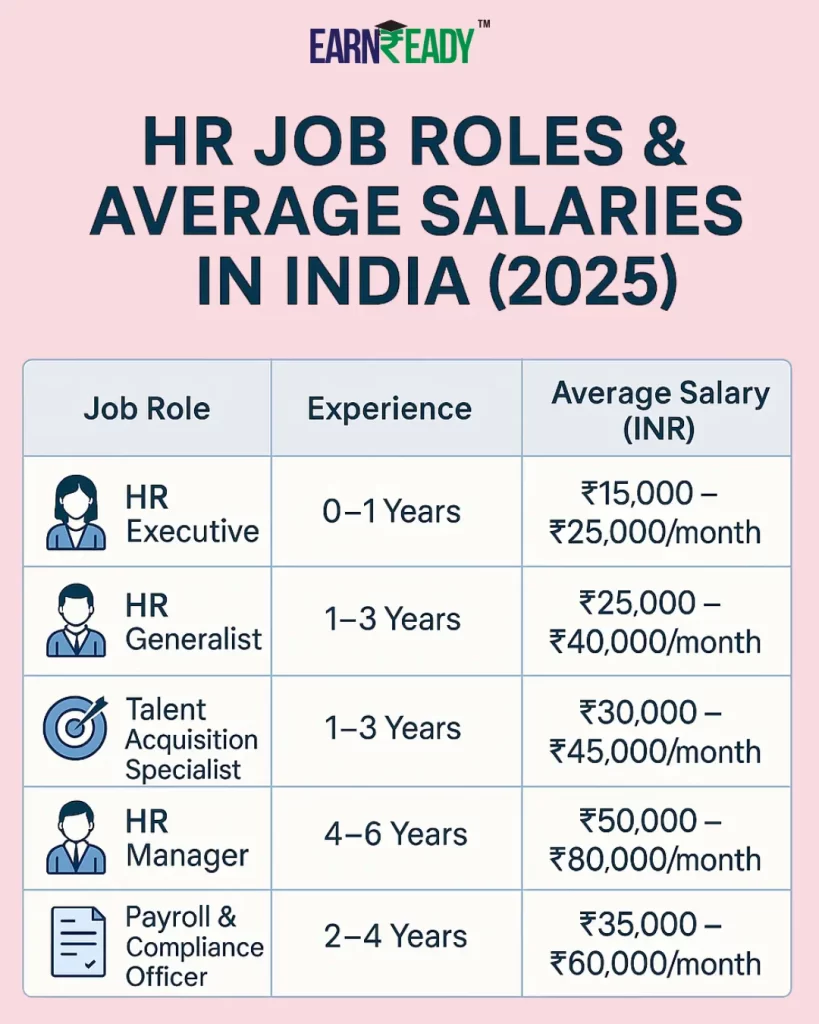
Build a Winning Resume for HR Jobs for Freshers
A compelling resume is your first impression. Follow these tips to stand out:
Start with a Strong Objective: Mention your interest in HR and long-term goals.
Highlight Education and Certifications: Include degrees and any HR-related coursework.
Showcase Internships and Projects: Especially any related to recruitment or training.
Include Soft Skills: Leadership, adaptability, and communication should be evident.
Use Action Words: Such as “coordinated,” “managed,” “organized,” and “assisted.”
Interview Tips for HR Jobs for Freshers
Being prepared for an HR interview is key. Here are some tips:
Understand the Role
Before you attend an interview, research the company and the HR responsibilities involved.
Know Your HR Basics
Familiarize yourself with concepts like onboarding, payroll, employee engagement, grievance handling, etc.
Practice Common Questions
Such as:
“Why do you want to work in HR?”
“What do you understand by employee engagement?”
“How do you handle conflict?”
Dress Professionally
Always appear well-groomed and confident. HR is a people-centric role and appearance matters.
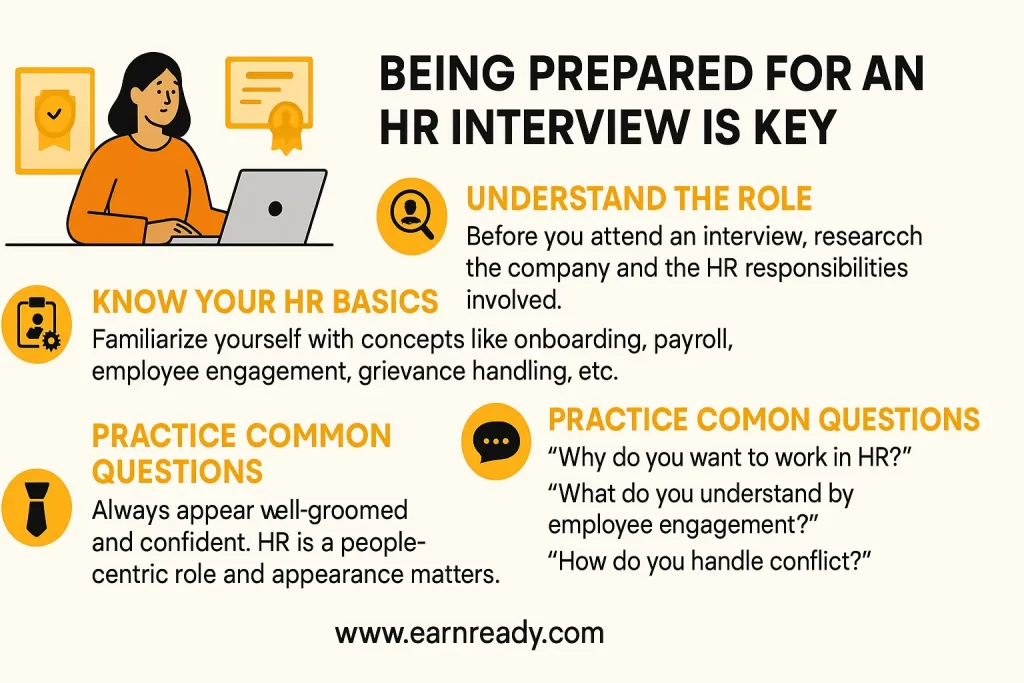
Real-World HR Tools You Should Know
Freshers applying for HR roles are expected to be familiar with modern tools. Some popular HR tools and software include:
Zoho People
Keka
BambooHR
Workday
SAP SuccessFactors
Get hands-on experience through free trials or certifications to build your confidence.
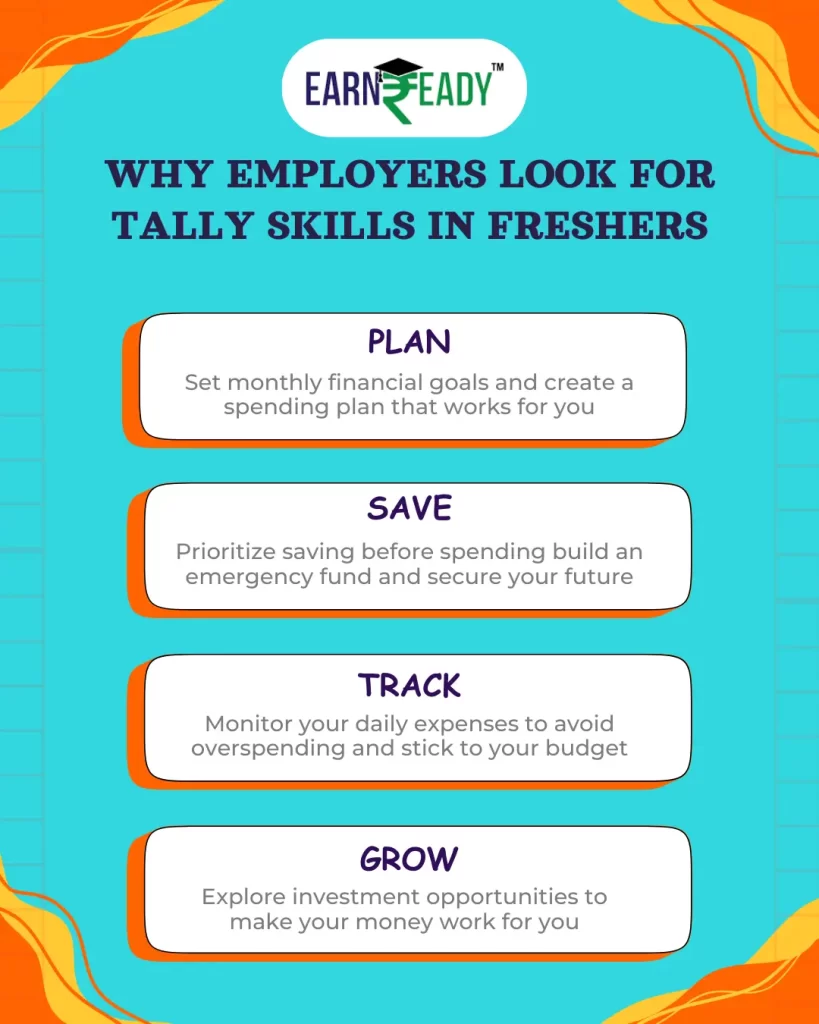
Join HR Communities for Networking
Networking is a key component of career growth. These are some communities and associations where you can begin building your HR network:
LinkedIn HR Groups
Local HR Meetups and Seminars
Online Webinars by HR Experts
HR Events Hosted by Colleges
Where to Find HR Jobs for Freshers
As a fresher, these are the platforms where you can regularly find job listings for HR positions:
Sunyatattva – A growing platform offering curated HR job opportunities for freshers and early professionals
Company career pages
Job portals (LinkedIn, Indeed, Glassdoor)
College placement cells
HR-specific communities and Telegram groups

